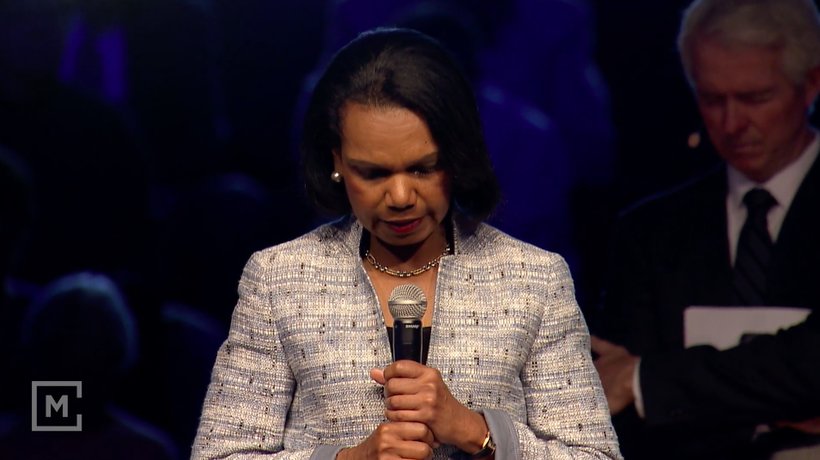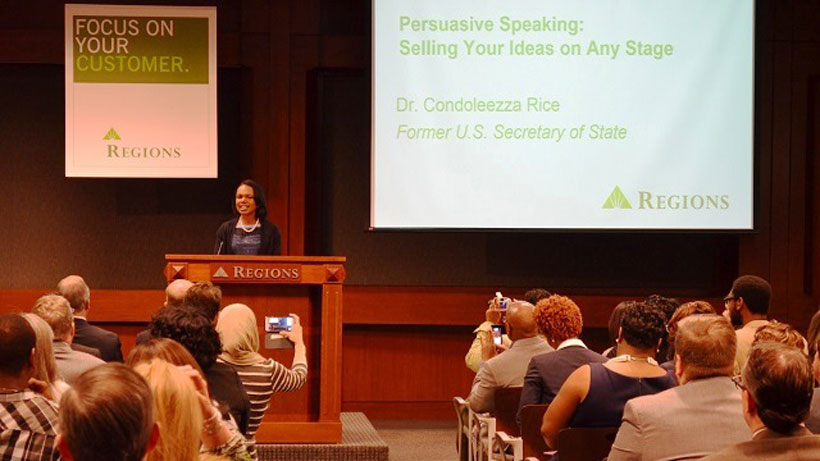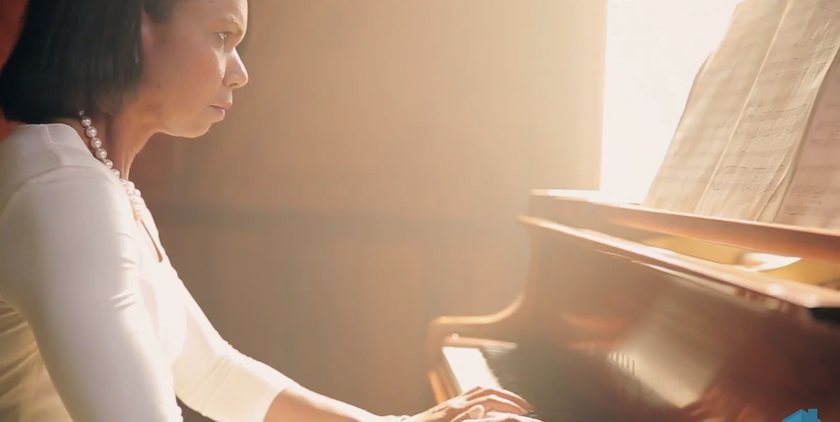
This week is National Charter Schools Week, shining a giant spotlight on the fact that Alabama is one of only eight states in the country that does not currently allow public charter schools.
State laws vary widely with regard to how many charter schools are permitted, who can grant them permission to operate, and other variables, but forty-two states and Washington, D.C., currently have laws on the books allowing some form of charter schools.
(Map: Blue states allow charter schools, grey states do not)

So what exactly are public charters?
They are publicly funded schools that are operated by independent, non-government groups. They are open to all children, do not charge tuition and do not have special requirements for admission.
What they do have, however, is the freedom to get out from under burdensome government regulations and the bureaucracy to which many public schools are beholden. They have more flexibility when it comes to curriculum and the hours they meet, and are not bound by teachers’ union contracts. That gives them more leeway with regard to what teachers they hire and fire.
But in exchange for that flexibility, the schools must meet tough accountability standards. If a school does not meet the standards, it is closed, which has happened in roughly 15 percent of charters around the country.
They are called “charter schools” because they enter into a “charter” with the state that details the general terms outlined above.
For instance, if there is an area of the state that has a booming high-tech sector, a school could enter into a charter with the state and be given the freedom to gear it’s curriculum toward technology. If manufacturing is booming in another part of the state, a charter school could be opened to cater to that area’s residents. In return for that level of freedom in crafting their curriculum, those schools would have to meet rigorous standards or lose their charter.
We need to give parents greater choice -– particularly poor parents, whose kids — most often minorities — are trapped in failing neighborhood schools. This is the civil rights struggle of our day.
If we do anything less, we will condemn generations to joblessness, hopelessness and dependence on the government dole. To do anything less is to endanger our global economic competitiveness. To do anything less is to tear apart the fabric of who we are and cement a turn toward grievance and entitlement. — Condoleezza Rice
So what’s the draw back?
Some charter school opponents — mainly the teachers’ unions — argue that the accountability standards are not rigorous enough. They also deride the fact that some charters are operated for profit. But the most common argument is that charters take money away from traditional public schools. We’ve heard this recently in Alabama with the passage of the Accountability Act, which gave students the ability to transfer out of habitually failing schools and into a non-failing schools.
Education money follows the student. So if a student were to transfer out of a traditional public school and into a public charter, the money allocated by the state to educate that student would go with them.
Many conservatives see that as the free market at work. Schools have an increased incentive to provide a high quality education, because if they don’t, their students — and subsequently their funding — will leave. But others say that it only further damages schools that are already struggling.
Charter schools are not a panacea for all of Alabama’s education woes. Just like traditional public schools, some are effective, others are not. It takes great teachers, great leadership and motivate students to make any school succeed.
But with National Charter Schools Week cranking up around the country, it’s a good opportunity to reflect on the progress Alabama has made, and consider the possibilities going forward.
So what do you think? Would you like to see Alabama pass a law allowing charter schools? Let us know in the comment section below or tweet us @YHPolitics.
Follow Cliff on Twitter @Cliff_Sims











